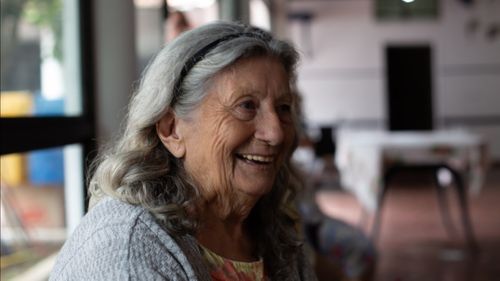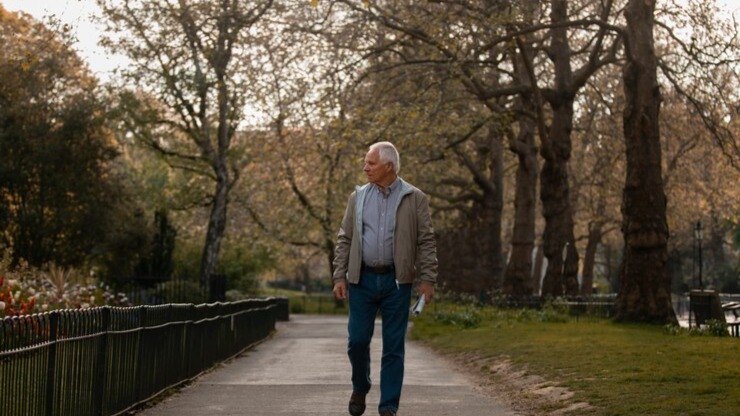263 of the world’s longest-living people and their 9 'non-negotiables' for a long, happy life.
Nov 29, 2023 · 2 mins read
0
Share

Dan Buettner the New York Times Bestselling Author of five books on longevity & happiness. He traveled across the world to study the areas in which people live exceptionally long lives: Okinawa, Japan; Sardinia, Italy; Nicoya, Costa Rica; Ikaria, Greece & Loma Linda, California.
Save
Share
Based on his conversations with 263 people aged 100 and older, he discovered that the world's longevity champions follow what he terms the "Power 9."
Save
Share
1. Move Naturally: The world's longest-living people don't lift weights, run marathons, or go to the gym. They instead live in environments that continually encourage them to move. They are regularly involved in household chores, maintaining their gardens, & joyful walking.

Save
Share
2. Purpose: Japanese refer to it as "IKIGAI," while Nicoyans in Costa Rica refer to it as "plan de vida." Both mean "Why do I wake up in the morning." They have a reason to live other than work. Research shows that knowing your purpose might add up to seven years to your life.
Save
Share
3. Downshift: Although they experience stress, they have routines that help them cope with it. Okinawans take a few moments each day to remember their ancestors, Adventists pray, Ikarians take a nap, and Sardinians have happy hour.
Save
Share
4. The 80% Rule: The 2,500-year-old mantra "Hara hachi bu" — which Okinawans repeat before meals reminds them to stop eating when their bellies are 80% full. People in the Blue Zones eat their lightest meal in the late afternoon or early evening & then skip the rest of the day.
Save
Share
5. Plant-Based Diet: Beans, such as fava, black, soy, and lentils, are a staple of most Blue Zones diets. Meat is consumed five times a month on average, in portions of three to four ounces, roughly the size of a deck of cards.

Save
Share
6. Wine at 5 p.m.: People in Blue Zones, even some Adventists, drink alcohol moderately and regularly. Moderate drinkers outlive non-drinkers. 7. Belong: Except for five of the 263 centenarians he interviewed, they were all members of a faith-based group.
Save
Share
8. Put your loved ones first: People in the Blue Zones maintain aging parents & grandparents close by or in the home, commit to a life partner, and offer their children plenty of time and affection (this increases the likelihood that the children will be caregivers as time comes)
Save
Share
9. Find the right tribe: Okinawans form "moais" — groups of five friends who vow to each other for life. Research shows that smoking, obesity, happiness, & even loneliness are contagious. By contrast, social networks of long-lived people favorably shape their health behaviors.

Save
Share
0